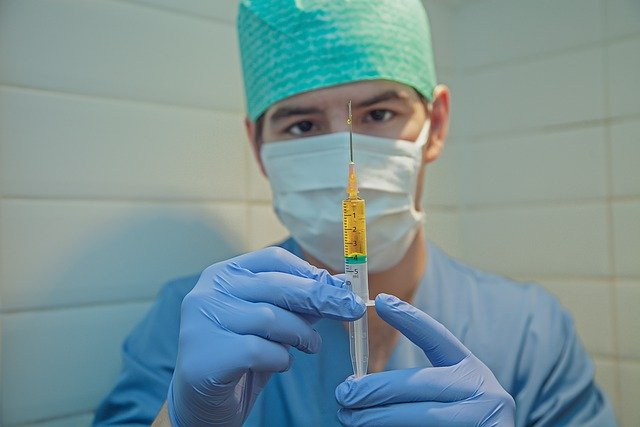A London-based firm has secured a government of UK contract of worth around $13 million for intentionally infecting healthy young volunteers with the coronavirus or COVID-19 to hasten the making of the vaccine. The 'challenge trials' have the potential to give results more quickly than the conventional way in which scientists must wait for the participants to get infected in the real world. They can also be used for developing treatments and compare multiple vaccine candidates.
The use of such types of trials goes back to the end of the 18th century when the English physician Edward Jenner vaccinated a young not with a cowpox virus and then exposed him to smallpox as a part of an attempt that led to the first vaccine of the world. After that, the method has been used for developing vaccines for typhoid, malaria, and cholera.
What Are 'Challenge Trials'

Few researchers have reservations about exposing the volunteers to a virus for which there is no treatment. But the proponents argue that the dangers of coronavirus to the young, fit ad healthy people are low and the benefits to society are high. HVivo, which is a subsidiary of the pharmaceutical services company Open Orphan, made the announcement on Tuesday that it has got into a contract with the government for developing a coronavirus human challenge study model.
The trial will begin with a 'characterization study' in January at the Royal Free hospital located in London that will try to establish the minimum dose of the virus needed to cause a coronavirus infection. The characterization study which is sponsored by Imperial College London is pending the regulatory and the ethical review.
"We're not trying to make these subjects really sick. In fact, quite the reverse, we're religiously trying to get just enough that we can detect [the] virus," Andrew Catchpole, the chief scientific officer of hVivo said as reported by The Guardian. "We could achieve the goal with as much as only 10, 20, maybe even 30 people ... and then we can move on to vaccine testing," he added.
Characterization Study
He mentioned that the study can take between two to four months to complete. Apart from making sure that the volunteers' immune systems are goof, one major component of the study is selecting the appropriate strains of the virus. The company isolated the strain around four months ago, as per Catchpole. The company is going to get around $13 million for conducting the characterization study depending on the number of volunteers involved. The government has also secured the first three slots for testing the vaccines.
"Human challenge studies have been ongoing for many years now – they are a useful way in which we can gain an awful lot of information in a relatively short space of time, from few numbers of people," Dr. Martin Broadstock, the program manager for vaccines at the Medical Research Council, stated.
One of the risks of the human challenge trials as per Katharine Wright, the assistant director at the Nutfield Council on Bioethics is that they take place for testing flu vaccines without an effective cure and all 'first human trials' have some unknown risks. Despite the uncertainty, volunteers are lining up. Volunteers are normally compensated for their involvement in the challenge trials. It is normally in the region of more than $5,000, as per Catchpole.









